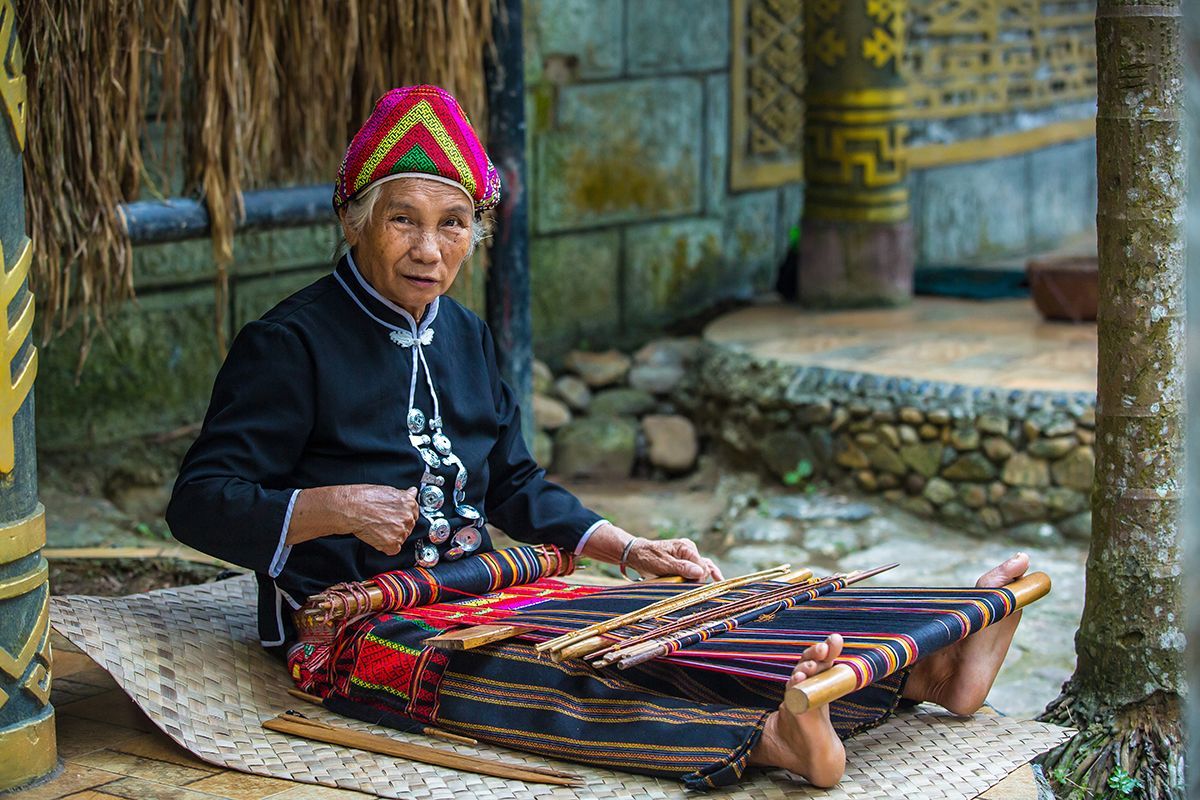© This article is an extract from Paul Hattaway's epic 656-page China’s Book of Martyrs, which profiles more than 1,000 Christian martyrs in China since AD 845, accompanied by over 500 photos. You can order this or many other China books and e-books here.
1900 - Wang Chengpei & Liu Jixian
June 1900
Wang Chengpei & Liu Jixian
Beijing
Wang Chengpei.
Wang Chengpei is remembered as ‘the wheelbarrow man and martyr’.
From a village near the famous Confucian city of Tai’an in Shandong Province, the Wang family first encountered the gospel when Chengpei’s father travelled to Beijing to sit a master’s degree examination. It took him two months to walk the 400 miles (648 km) from Shandong to the nation’s capital, and the long journey home again suddenly seemed even more arduous after he failed the exam. Wang decided to remain in Beijing for a time and take in the sights of the city.
One day Wang saw a large crowd of people gathered outside a strange-looking building. He pushed his way to the entrance and found the building was also filled with people, all listening intently to a foreigner standing at the front of the room. Wang could not understand the man’s message, but afterwards the missionary engaged him in conversation. Surprisingly, the foreigner offered Wang a job as a ‘chapel keeper’ for a few months, which the Chinese scholar eagerly accepted due to his poor financial state.
After a few months it became evident that Wang had placed his trust in Christ. He advised his new Christian friends that he wanted to return to his home in Shandong so he could witness about this new life to family and friends. He reached home on a Sunday, and immediately encouraged his wife and children to believe in Jesus. With a simple prayer they did so, and joy and peace came into the Wang household. Although he had never once heard of Christ before his father’s return, Wang Chengpei began to preach the gospel
“…through the whole neighbourhood…. He went from village to village carrying with him copies of the books that had been given him to read and from which he gained much of his instruction. He was especially attached to the Gospels and Epistles, and made them his constant companions. Being a teacher, and widely known in that part of the province, he had no difficulty in obtaining access to the homes.”[I]
After just a few weeks old Wang ran out of books. He instructed his son Chengpei to travel to Beijing and acquire a larger quantity. He was advised to take his wheelbarrow along on the 800-mile (1,296 km) round-trip journey, so that he could bring back as many books as possible. Before he departed, the elder Wang also gave his son a letter for the missionaries in Beijing. In it he listed 18 people who had believed in Christ and wished to be baptized. After resting in Beijing a few weeks, Chengpei commenced his journey home with a heavy load of books. On many occasions his wheelbarrow toppled over on the rough paths, but he was invigorated with the knowledge that the books would result in more saved souls in his home community, and was encouraged by the promise of the missionaries that they would soon come to Shandong to hold a baptismal service.
Some time later the elder Wang died and went to be with his Heavenly Father. The job of leading the church and preaching the gospel fell on the shoulders of Wang Chengpei, while his faithful mother diligently shared the good news with the other women of the village. The missionaries invited Chengpei’s mother to travel to Beijing for more Bible instruction. This she was keen to do, and again Chengpei’s wheelbarrow skills were called upon to transport his elderly mother to the nation’s capital. Before going far the wheelbarrow hit a pot hole and she was thrown out, suffering serious injuries. A donkey was bought to carry her instead. After almost a year in the capital, Wang wheeled his mother the entire 400 miles (648 km) home again, the donkey having been sold.
Wang Chengpei was again visiting Beijing when the Boxer insurgents launched their attack. Wang was advised to join hundreds of other Christians inside the Methodist Mission compound. They organized themselves into various work groups, and prayerfully endured weeks of intense pressure as the blood-thirsty Boxers tried everything they could to get inside the compound and massacre them. One account paints a grim picture of their situation:
“The Boxers on the outside were pitching bricks over the wall, while the Christians within hurled missiles back in hope of breaking the heads as well as the ranks of the enemy. The Chinese soldiers [who sided with the Boxers] had climbed to the roof of a house where they could see into the court and pick off with their rifles any who showed themselves, so that…the Christians under Wang Chengpei were compelled to creep about close enough to the wall to avoid the bullets of the soldiers on the roof, and far enough away to avoid the bricks of the Boxers.”[II]
All that remained of the Methodist Mission in Beijing after the Boxer attacks.
During this grim time a young pastor named Liu Jixian lifted his head too high above the wall and was killed instantly by a bullet, which pierced his brain. Wang Chengpei, who was considered a leader by the other believers inside the compound, decided they must fight their way out or face certain slaughter. Wang “led the men to victory, but a bullet pierced his hand and passed through his body. A few hours later, attended by loving hands, with faith in God and a smile upon his face, he passed away, and was laid in a martyr’s grave.”

I Headland, Chinese Heroes, 37.
II Headland, Chinese Heroes, 50.




